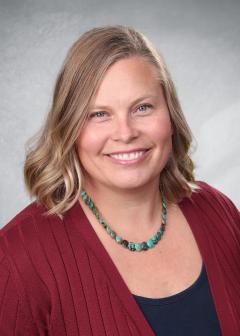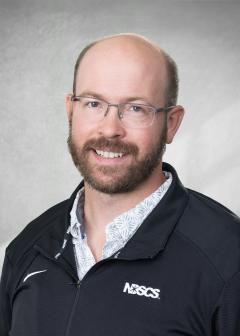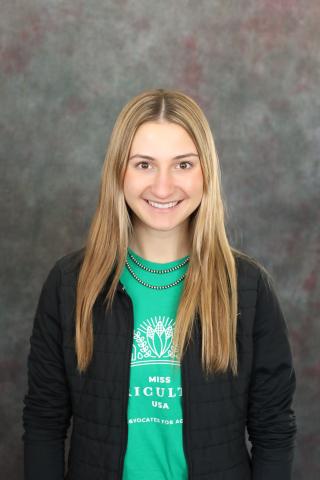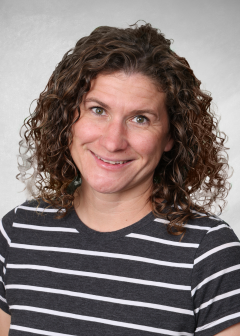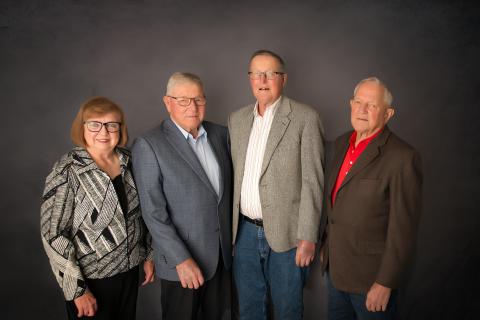Four NDSCS students nominated for North Dakota Academic All-State Team
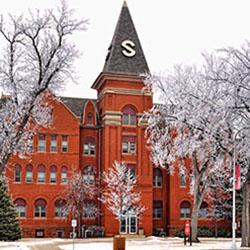
The Beta Mu Rho chapter of Phi Kappa Theta at North Dakota State College of Science is proud to announce that four students have been named to the 2024 North Dakota Academic All-State Team, which recognizes the academic achievements of community college students.
Workforce Pathway Scholars plan to begin their careers immediately upon graduation, and Transfer Pathway Scholars plan to continue their education at a four-year institution after completing their studies at a community college.
The students, listed with their program of study and their hometown, are:
- Transfer Pathway Scholars:
- Rose Wendel, Agriculture, LaMoure, N.D.
- Kyra Bellew, Dental Hygiene, Wahpeton, N.D.
- Workforce Pathway Scholars:
- Brayden Schmeichel, Construction Management Technology, Jamestown, N.D.
- Katie Willprecht, Nursing, Lidgerwood, N.D.
The Academic All-State team is sponsored by Phi Theta Kappa Honor Society, and Coca Cola. Students named to the North Dakota Academic All-State Team will be considered for nomination as the state’s New Century Scholar as well as membership on the All-USA Academic Team.
The students will be recognized at the North Dakota Academic All-State Team banquet hosted by North Dakota State College of Science on Wednesday, March 20th.

